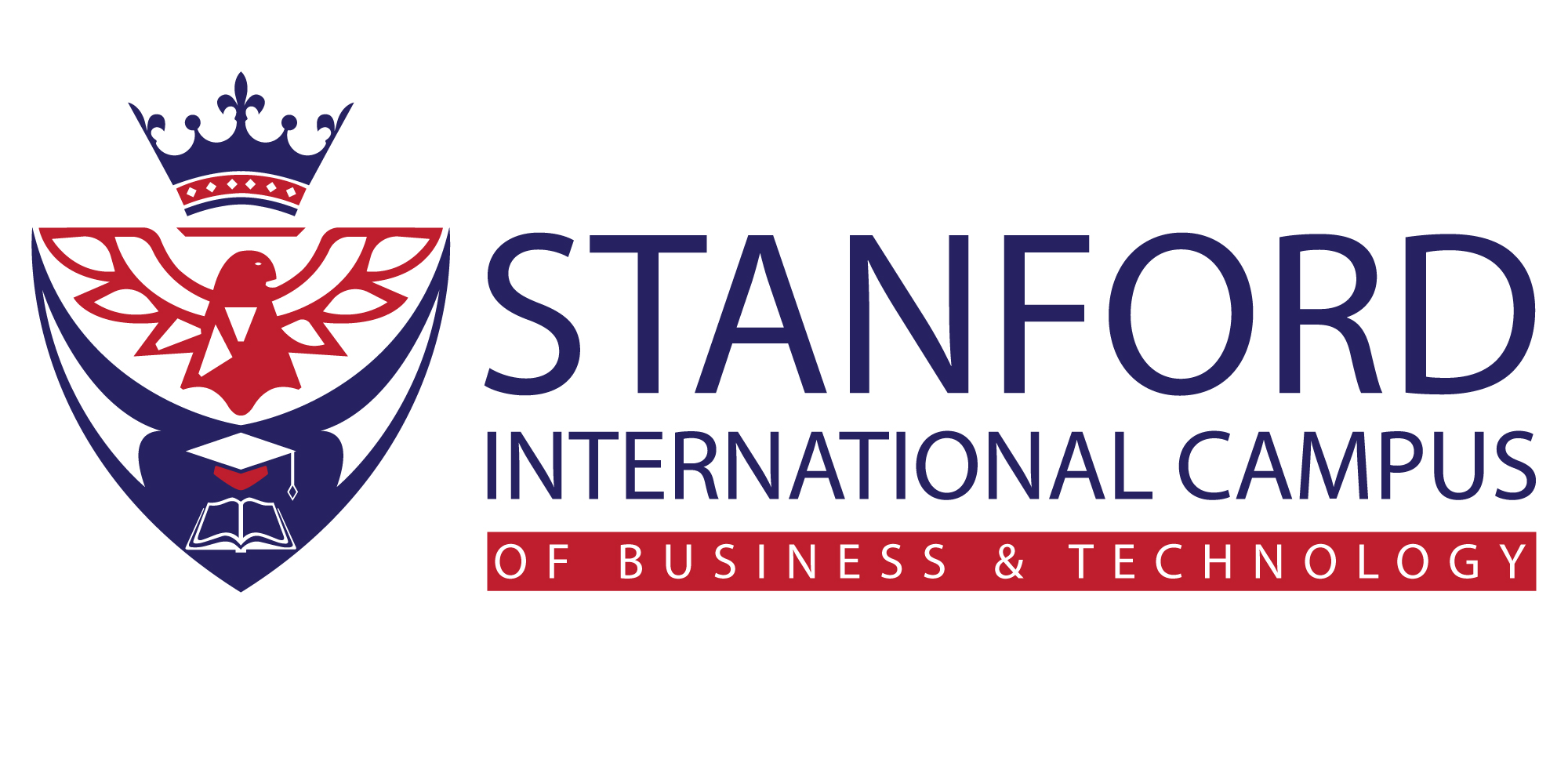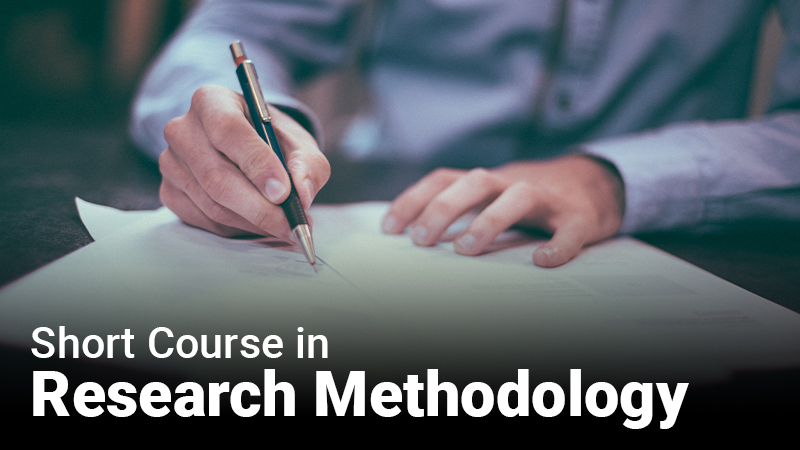This short course in Research Methodology is designed for Researchers or Research Students who are interested in enhancing their knowledge and skills in Research Methodology and Scientific Writing. If you are a university student, a Master student, or a PhD student, you can learn the basics of Research Methodology from this course.
Learn about key concepts of Research Methodology such as Research Problem, Research Design, Sampling Techniques, Research Proposal, Data Collection, Data Analysis, and Research Report (Dissertation/Thesis). This course aims to explain the concepts within shortest time possible whilst keeping it simple.

